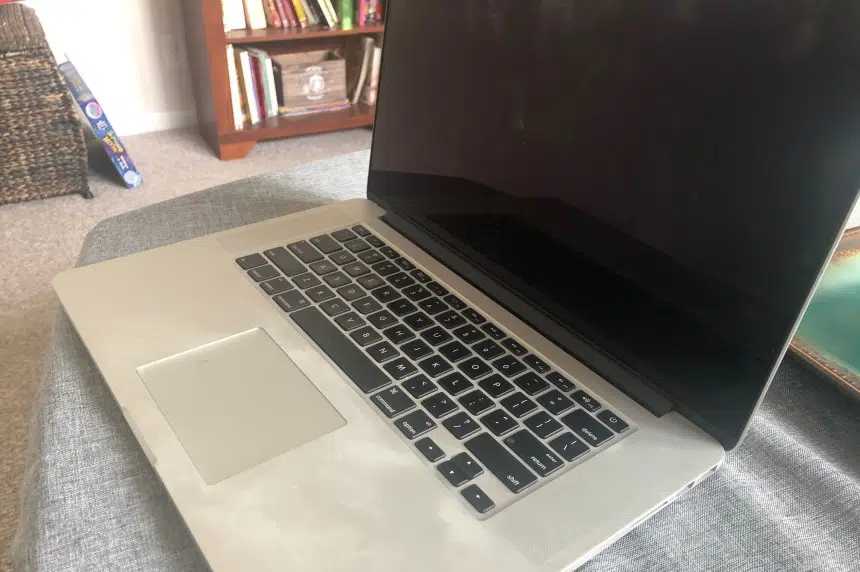As Russia attacks Ukraine, sending in troops and bombing its cities, the conflict is also playing out in the digital world.
Both countries have leveraged cyberattacks on each other, doing things like taking down websites.
The war is going on more than 8,000 kilometres away from Saskatchewan, but a cybersecurity expert believes it could cause big problems here.
Kevin White is the director of operations and business management with TRINUS, an IT company from Stony Plain, Alta.
He said this war brings with it many new risks.
“This whole situation is really unprecedented in the sense that we’ve never seen a large-scale conflict between two developed powers in the 21st century, or in the digital age. I think the big thing people need to be aware of is that there’s going to be some fallout,” White said.
So other than higher prices for gas and the effect on family and friends in Ukraine, how could the conflict really affect Canadians?
“The way that IT typically works is that people share types of technologies. So the types of equipment that Canadians may use, it’s going to be the same type of equipment that’s distributed globally, so (it’s) the same type of equipment that Ukrainians use and Russians use,” he explained.
As the two countries fight it out in cyberspace, that opens up some opportunities for bad actors.
“As we see this conflict unfold in the digital space, there are going to be vulnerabilities that are exposed in this equipment,” White said. “It’s just inherent in the way that the equipment was designed. And once those vulnerabilities are exposed, they’re exposed for the world to see and they can then be leveraged outside of the cyber-battlefield, so to speak, and they can be taken advantage of to compromise people who are halfway across the world.”
That’s an issue he sees being particularly harmful for businesses who use a lot of technology that may become vulnerable.
On top of that, White didn’t rule out the possibility of Russia maliciously cyberattacking countries other than Ukraine.
“I would expect to see denial-of-service attacks, so people should be planning for or expecting some disruption in accessing regular services that they’re used to accessing,” White said.
“I would also expect to see attacks that are focused on destruction of data and information or destruction of computer systems. So your computer is compromised, and it’s completely wiped.”
While it might seem strange that Canadians could be targeted by Russia considering the massive distance, White said it’s because of the way these attacks generally work, and the goals of President Vladimir Putin’s regime.
“Attacks are non-discriminate, typically. The majority of cyberattacks that are performed are performed by algorithms or A.I.,” White said. “So you get a blanket or a shotgun approach in the way that attacks are conducted … They’re going to try and impact everybody in a certain geography, or anybody they can get their hands on.”
So what can people do to stay cyber-safe? White has a few tips.
“Keeping devices up to date is the best way to mitigate against those types of threats. As soon as a vulnerability is detected, it’s typically patched by the manufacturer where possible,” he said.
He also said it’s incredibly important to back up data.
“It could be of your phone, your computer (or) your servers. Anything that you can’t afford to lose, you need to have solid backups of it, and those backups shouldn’t be directly accessible or stored on the same network as the main copy of the data,” White explained.
It’s also important to keep basic internet safety in mind.
“You’re going to want to be extra-vigilant when it comes to looking at pop-ups or anything that comes up in your web browser that you may be suspicious of — email, especially,” he said.
“I’m sure most people have heard this 1,000 times by now, but understand the email that you’re opening (and) understand where it came from.”
Outside of cybersecurity, he also said the war could contribute to supply chain problems for electronics.
That could mean computers, phones, video game systems and products get more expensive.
“It’s something that we’ve seen already with COVID. I can’t see that getting any better anytime soon, so if people are out there thinking of purchasing new electronics, get those orders in now. Now is the time, because the likelihood that those will become more difficult to buy in the future is high,” White said.







